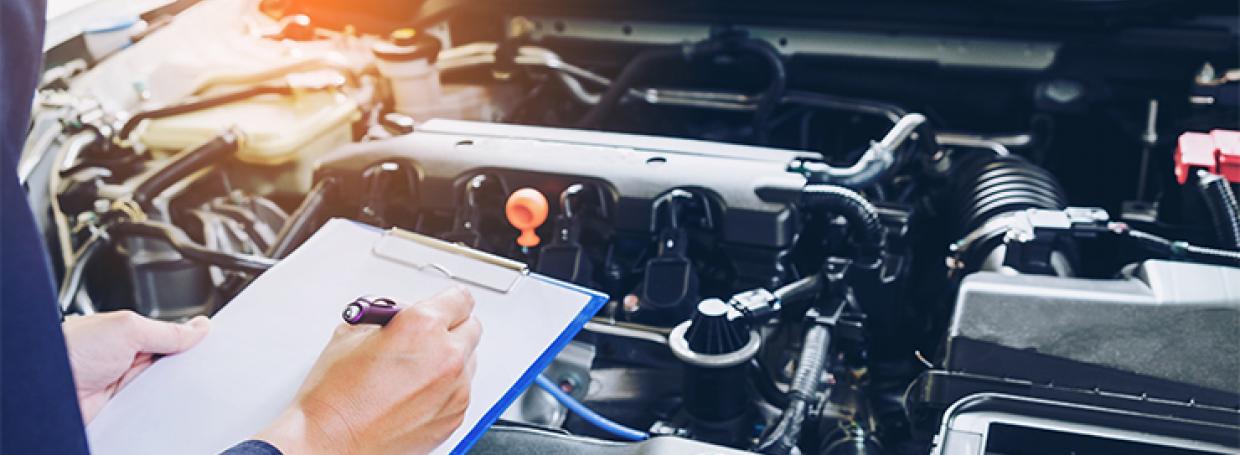Want to Extend Your Car’s Lifespan? Read on | DirectAsia

We all know that one can only have their car in Singapore for a maximum of 10 years, or is it? Well, you can actually choose to renew your Certificate of Entitlement (COE) once the 10 years is up, which more and more Singaporeans are doing.
If you are thinking of renewing your car’s COE, it is imperative that you take good care of your car from the beginning so that your car can serve you well for as long as possible. In fact, Singaporeans are not doing so well in terms of keeping their cars functional for a longer period. The average lifespan of cars in Singapore is only about 6 years, which is relatively short compared to 10.1 years in Australia and 11.6 years in the United States. Do you know that the Guinness World Record for the longest lasting car is 48 years and it has been driven over 3 million miles?
Top Tips for Prolonging Your Car’s Life
Auto expert Bob Sikorsky who spent 2 months travelling in the U.S to study car longevity, claimed that any family car should be able to last a lifetime, or at least be driven 1.5 million miles. That’s dependent on whether you know how to take care of it properly. Here are some of his top tips for keeping your car longer without having to change extensive parts:
1.Regular maintenance is not the only thing a driver has to do to make a car last, good driving habits are equally important.
Good driving habits include avoiding sudden, fast accelerations and not racing the engine at the traffic lights. It also means not changing lanes unnecessarily, since excessive lane changes cause suspension and steering parts to be worn out.
2. Take care of your car engine as you would with your body
You take care of your body and health by being conscious of what you feed your body; the same goes for your car. "Clean healthy engines, proven performance products, fuel economy, and more horsepower from what you feed your car are as vital as the nutritional foods you feed yourself and your family," said Sikorsky. Not only is the fuel you put into your car important, the additives matter as well.
In Singapore, you can purchase fuel additives to enhance your engine performance or choose higher grade petrol with added additives.
3. Drive less
Drive less? Yes, driving less means making less short trips, or combining short trips into a single trip. Why? According to Sikorsky, 95% of a car’s wear and tear comes from starting up the engine from a cold start. In order to minimise that, try to reduce the times you start a cold engine. What’s more, if you are a low-mileage driver or drives only during off-peak, DirectAsia might lower your insurance premiums as well! Ask for a quote now.
4. Have regular oil changes
Having regular engine oil changes will help to improve your mileage and protect your engine. The recommended mileage between oil changes is 5000 - 8000 km, depending on the type of oil you use and your driving conditions.
Engine oil traps all kinds of things that are bad for a car’s engine, including byproducts of the combustion process such as sludge, varnish, sulfuric acid and hydrochloric hydrobromic acid. Similar to waste in the body, they can’t be helpful in maintaining health if kept within for too long. While how often you change the engine oil depends on your car usage, as a general rule of thumb, you shouldn’t wait longer than 12 months between oil changes.
5. Stick to the recommended maintenance schedule
This may seem like common sense, but too many car owners out there pay little attention to the vehicle’s maintenance schedule as laid out in the vehicle manual. You can use this list as a helpful guide on which part of your car to service since you might need a different timeline for different internal parts. As an added bonus, sticking strictly to a manufacturer’s maintenance schedule may also make the vehicle easier to sell when the time comes.
Follow these 5 simple tips and start implementing these changes into your driving and maintenance routine to ensure your car’s longevity!


